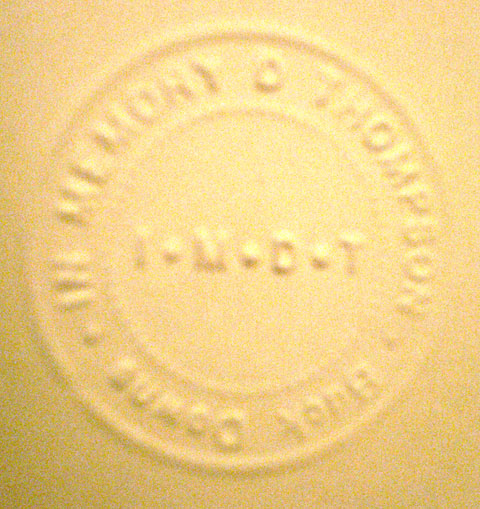An explanation for the strange suicide of Colonel Ted Westhusing, a Professor of Military Ethics at West Point who had been in Iraq working with USIS, a private contractor, and who had received a letter accusing the company of corruption. (from the LATimes)
A psychologist reviewed Westhusing’s e-mails and interviewed colleagues. She concluded that the anonymous letter had been the “most difficult and probably most painful stressor.”
She said that Westhusing had placed too much pressure on himself to succeed and that he was unusually rigid in his thinking. Westhusing struggled with the idea that monetary values could outweigh moral ones in war. This, she said, was a flaw.
“Despite his intelligence, his ability to grasp the idea that profit is an important goal for people working in the private sector was surprisingly limited,” wrote Lt. Col. Lisa Breitenbach. “He could not shift his mind-set from the military notion of completing a mission irrespective of cost, nor could he change his belief that doing the right thing because it was the right thing to do should be the sole motivator for businesses.”
One military officer said he felt Westhusing had trouble reconciling his ideals with Iraq’s reality. Iraq “isn’t a black-and-white place,” the officer said. “There’s a lot of gray.”

























